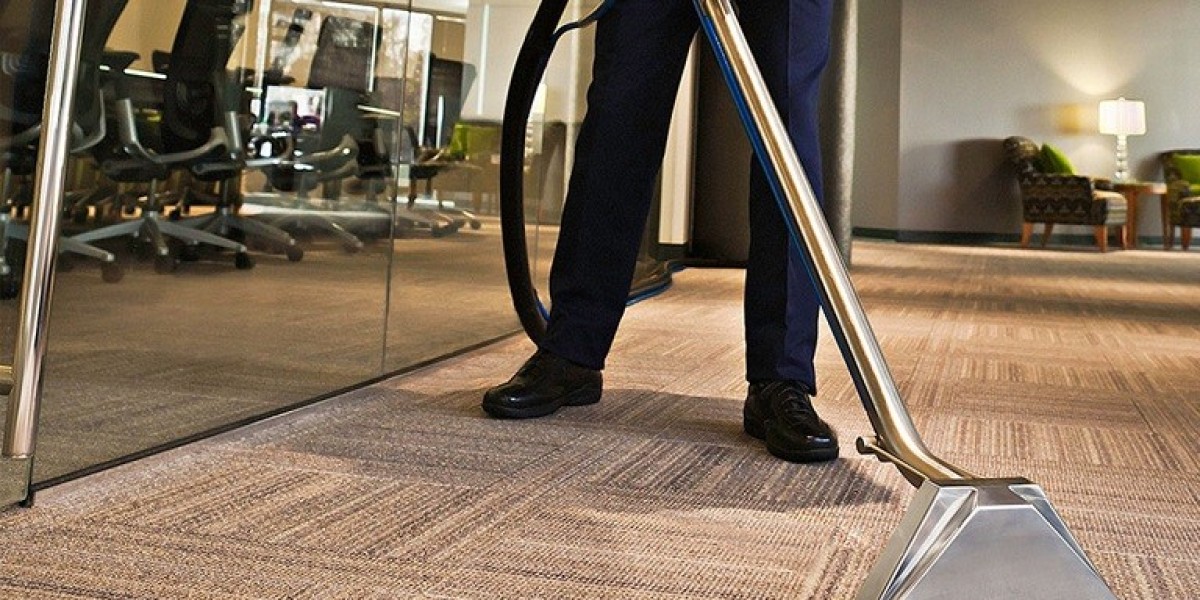When we think of healthcare, doctors and nurses often come to mind first. But there’s another group of highly skilled experts who play a vital role in helping individuals recover, manage chronic conditions, and improve their quality of life — they’re called Allied Health Professionals.
Allied health professionals are qualified practitioners who are not doctors or nurses but deliver essential support in health care settings. They work across a range of fields including physiotherapy, speech pathology, occupational therapy, hydrotherapy, podiatry, dietetics, and more. Their work bridges the gap between diagnosis and recovery, helping people regain independence and functionality in their daily lives.
One of the most common areas of allied health is physiotherapy, where professionals treat injuries, improve mobility, and help manage pain through targeted exercise and movement therapy. In rehabilitation centers, aged care facilities, and wellness clinics, physiotherapists are key to improving long-term physical health.
Speech pathologists are another crucial branch of allied health. They help people with speech, language, voice, and swallowing difficulties — from children with developmental delays to adults recovering from stroke or brain injuries. Their work not only improves communication but also builds confidence and social connection.
Hydrotherapists (often physiotherapists with aquatic therapy training) use water-based exercises to assist people recovering from injury, surgery, or living with chronic conditions. The buoyancy of water reduces joint strain, making movement easier and more effective — especially for individuals with arthritis or neurological challenges.
In settings like AHP Connect, allied health professionals work together in multi-disciplinary teams. This collaborative approach ensures that clients receive holistic care tailored to their specific goals — whether it’s regaining mobility after surgery, improving speech skills, or learning strategies to manage daily tasks independently.
These professionals also work closely with the NDIS (National Disability Insurance Scheme) in Australia, providing therapy and support services to participants with disabilities. Their contribution ensures that people of all abilities can access the tools and therapy they need to thrive in school, work, or community life.
What makes allied health professionals truly special is their client-centred approach. They don’t just treat symptoms — they listen, support, and empower individuals on their health journeys.






